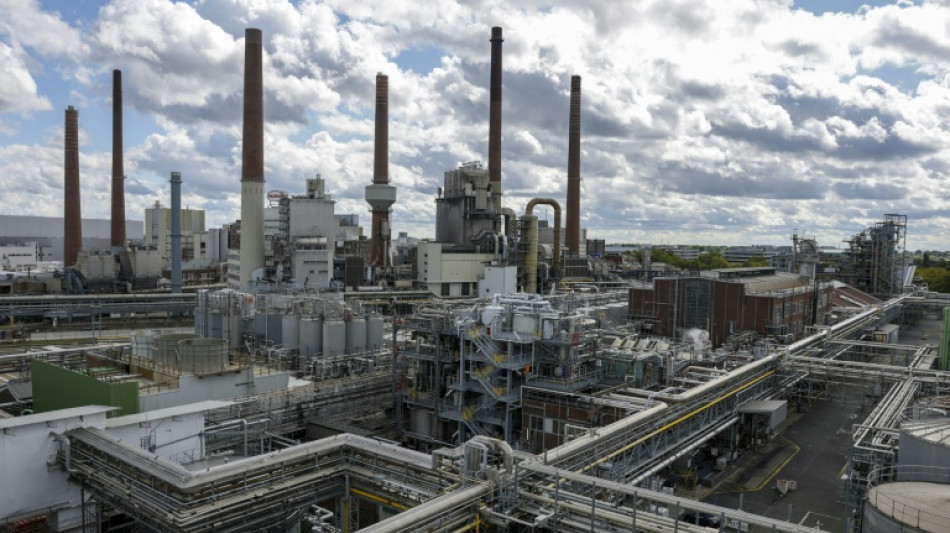
SCS
0.0200

The boss of German chemicals giant BASF on Wednesday called for the European Union to relax carbon trading rules, as the firm reported a drop in core profit with the industry in crisis.
Speaking to reporters on a call, Markus Kamieth said EU plans to put a tax on carbon-intensive imports were a "good idea" in principle, but it was becoming "very, very difficult in practice" for industry to deal with Europe's market for carbon permits and attendant taxes.
"Industry in Europe has to deal with the rigidness of this system and the incredibly increasing CO2 costs that we might have in the next decade," he said.
German Chancellor Friedrich Merz said earlier this month that he would try to delay planned EU taxes on carbon-intensive imports and also fight for wider deregulation of the chemicals industry.
Kamieth said a "high level of regulation" was styming European industry, adding that "a high degree of bureaucracy" had emerged that was "toxic" for investment.
Buffeted by high energy costs and increasing Asian competition, German chemical companies have struggled in recent years.
Chemical plants in the country are working at their lowest capacity since 1991, according to figures from the German chemicals industry lobby group VCI, and agrichemical group Bayer said in May that it would close a Frankfurt site that employs about 500 people by the end of 2028.
BASF reported only a small fall in third-quarter core profit, down 78 million euros on the previous year at 1.5 billion euros ($1.74 billion), slightly ahead of analyst expectations in a poll by financial data firm FactSet.
BASF shares were up 2.79 percent at 0915 GMT.
Chemical companies such as BASF are often seen as a bellweather for the health of the global economy, and are key suppliers to an enormous variety of sectors including construction, the automotive industry and agriculture.
BASF cut its outlook for the year in mid-July, citing customer nervousness in the face of US President Donald Trump's tariff onslaught and the resulting weaker-than-expected global economic growth.
A.Slezak--TPP